Oscars nominations read like a social justice warrior’s handbook
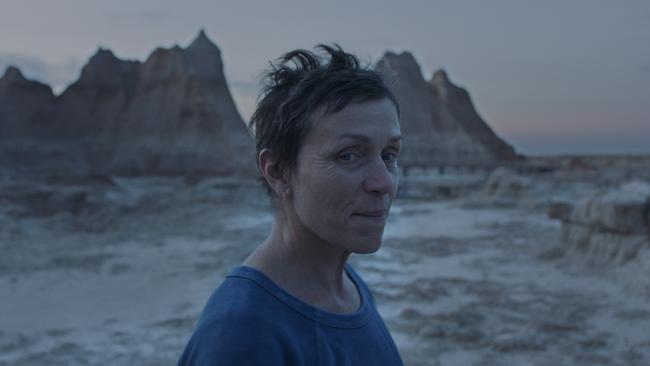
TV ratings for other awards ceremonies this year have been in freefall: the audience for last month’s Golden Globes fell by 60 per cent compared with last year.
This can’t be put down entirely to the effect of the pandemic on cinema attendance. As The New York Times reported, ratings for the Oscars fell by 44 per cent between 2014 and last year, before Covid struck the US.
It’s more likely that viewers are voting with their feet as the film industry turns itself into a platform for identity politics. One recent Oscars ceremony producer said ratings analysis showed that “vast swathes” of people switched off when celebrities started to vent political opinions from the podium.
Moreover, this year’s best picture nominations read like a social justice warriors’ handbook.
One front-runner, Nomadland, is about itinerant Americans scrabbling to rebuild their shattered lives in a shattered country. Another, Minari, is about an immigrant Korean family whose farm produce is destroyed in a barn fire.

The plot of Mank boils down to “bleeding-heart liberal Hollywood writer revolts against movie moguls’ attempt to silence leftist anti-poverty campaigner”. Promising Young Woman is yet another hyper-feminist drama about taking revenge on violent men.
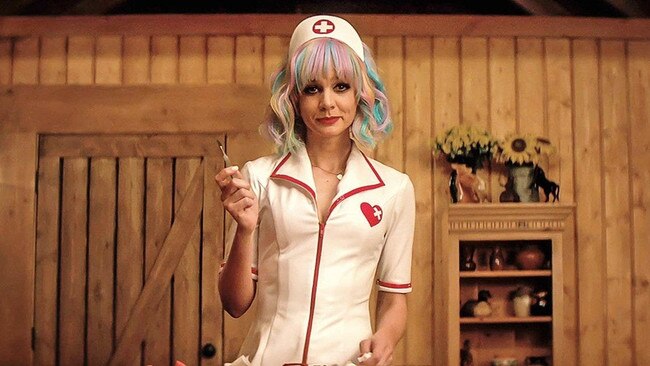
The Father is about a man stricken by dementia. Judas and the Black Messiah is about the betrayal of one Black Panther leader by another. And The Trial of the Chicago Seven is about radical leftists and, yet again, Black Panthers, put on trial in 1969 by a risibly vindictive legal and political system.
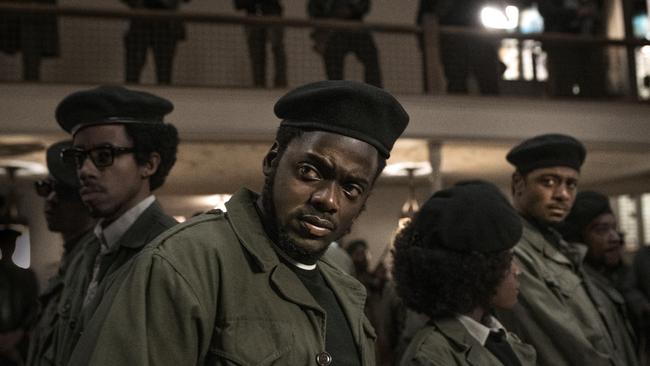
Many of these films undoubtedly possess sterling qualities, including magnificent acting or clever scripts. But what is there in this list to make the spirit soar, or provide a cinematic experience that millions of people actually want?
As the American TV host Bill Maher savagely noted: “The 2021 Oscars, brought to you by razor blades, Kleenex and rope. Please welcome our host, the sad emoji.” Hollywood, he reminded us, once knew how to make a movie that was about something. “Academy nominations used to say, ‘What great movies we make.’ Now they say, ‘Look what good people we are.’ ”
In 1998, a record 57.2 million people watched Titanic win the Oscar for best picture. This and other blockbusters had massive popular appeal. They gripped the imagination and the heart; they induced hope and sympathy rather than negativity and depression; they united people rather than divided them.
Why would millions want instead to tune into an agenda remote from or actively hostile to their own lives, promoted by an unrepresentative elite effectively talking to itself and hectoring everyone else?
Aware of the critical state of the film industry, if not the reasons for it, the producers of the Oscars are reportedly planning a new format that will present the ceremony like a three-hour movie. According to one of the producers, Steven Soderbergh, viewers will know from the opening scene that “we’ve got to put our seatbelt on”.
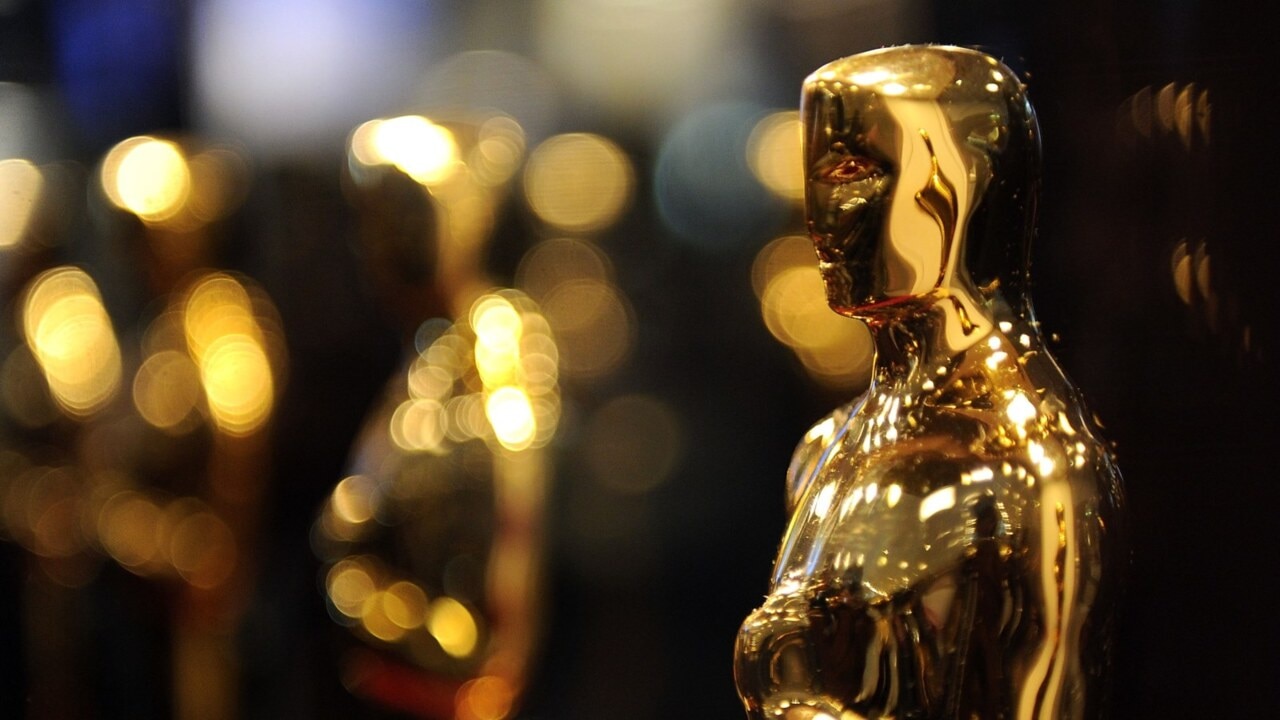
It seems the show will seek to present stories about the film-makers themselves - in the words of another producer, “pulling the curtain back” and letting the public “into our community”.
Yet the real problem is surely what Soderbergh coyly refers to as “one of the most auteur-driven set of films” to be nominated for best picture. In other words, few punters are interested in them.
While the viewing public are increasingly reaching for the TV remote, there are other signs that people have had enough of the victimhood agenda.
Parents are beginning to withdraw co-operation, children and money from some of America’s most prestigious high schools in protest at the increasingly anti-western, anti-white agenda of their politically correct head teachers.
After seven years, Andrew Gutmann has pulled his daughter out of Brearley, a private girls’ school in Manhattan that charges annual fees of dollars 54,000 (pounds 39,000). He has written to around 600 fellow parents to urge them to do the same on account of Brearley’s “obsession with race”. He couldn’t tolerate a school, he said, that judged his daughter by the colour of her skin and taught her to judge everyone else on the same basis. He objected to Brearley’s “simplistic” and “inane” mandatory anti-racism training for parents, which was “reminiscent of the Chinese Cultural Revolution”.
Gutmann’s action followed a public protest by Paul Rossi, a maths teacher at the private Grace Church high school in Manhattan, against his school’s “anti-racism” policy, which he said was fostering tribalism, sectarianism and a squashing of independent thought.
Now the headteacher of Dalton, another elite Manhattan school, has resigned after an anonymous group of parents wrote a letter objecting to its radical social justice mindset.
The bigoted agenda of victim culture is being enforced, in Britain as in America, because the public, private companies and state institutions have all gone along with it. It will only be ended if entertainment ratings and funding for such schools suffer serious cuts.
Perhaps these cinematic and educational straws in the wind herald a much-overdue cultural correction in the cause of common sense.
The Times


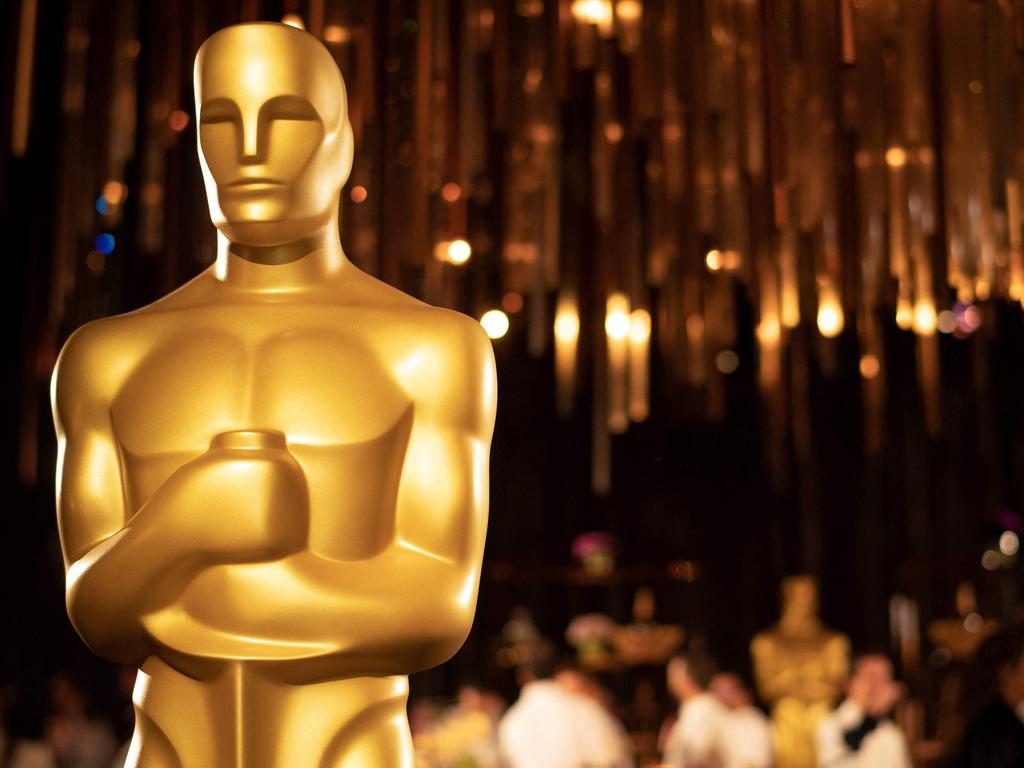
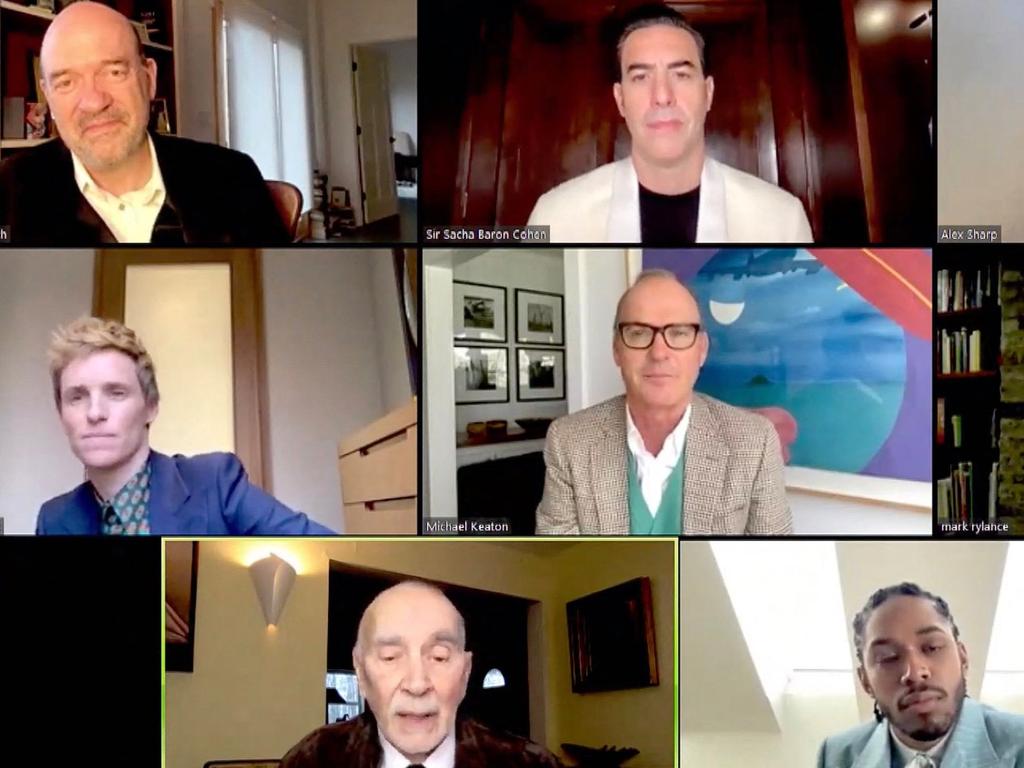


In America, the ground zero of identity politics, Hollywood is nervous that the audience for this Monday’s Oscars ceremony may reveal a disturbing drop in public interest.